An Interview with Elsa Hunter-Weston
by Susanna Demelas
Elsa Hunter-Weston is a writer and director based in the UK. In her experimental short film ‘Please Introduce Yourself’, the narrative follows train-watching enthusiast, Eliza. In the film, Eliza arrives at her first job interview, and this allows the viewer to gain insight into the barriers that Eliza, a d/Deaf woman, faces in the employment sector. In this interview, Elsa talks us through the inspiration behind this film, as well as the benefits of using experimental means of creation.
Congratulations on your film, Please Introduce Yourself, being part of BFI Future Film Festival! What does it mean for you to be included in this festival?
I am absolutely over the moon. I’ve admired the BFI Future Film festival for such a long time and always wanted a film of mine to be shown there. It feels really strange that I can say that I’ve done that now. The festival’s a great place to learn and see what different films are out there - it feels like there’s always a freshness to the films, maybe it’s a new perspective or just something interesting going on. I’m hugely happy that I get to be involved this year and it’s been fun watching the rest of the films on offer too.
Still from Please Introduce Yourself (2020)
What inspired you to make this film?
I’d read that only 65% of working age deaf people were in employment, compared with 79% of the general population. I thought this was a really shocking figure so I decided to make a film which would support local people who didn’t feel represented and to work with as many people from the d/Deaf community as I could. The film is about a young girl, Eliza, who arrives at her first job interview, where she is expected to introduce herself. Thematically, it explores identity and the barriers facing young people trying to gain employment. The aim was for it to amplify the adolescent female voice of the d/Deaf community and I thought the best way to do that was to create a sense of the world Eliza lives, which inspired my experimental approach.
I loved the experimental use of images in this film! Why were you drawn to this particular method of filmmaking when creating this film?
I had made one experimental film before called adam.exe, when I was 18 and absolutely loved the development process for it. It was so creative, and I really think experimental film is such a great opportunity for collaboration. I wanted to work in a similar way to adam.exe when making Please Introduce Yourself, so we cast two amazing actors called Lucy Mulholland and Paula Clarke who are both from the d/Deaf community so brought their own experiences to the film. We also worked with an amazing consultant and interpreter called Rebecca Cooney who really supported the film throughout. I think finding people you can collaborate with is completely invaluable to an experimental film and for that reason it’s a style I love to work in.
Still from Please Introduce Yourself (2020)
This film is subtitled throughout to create a sense of the world in with Eliza lives. Was immersing the audience in Eliza’s experiences something which was important for you, when creating this film?
Definitely - I really wanted to create a world that reflects how Eliza experiences it. So, I thought the best way to do that was through three screens. It is an experimental film, so people often come away with different thoughts about it and they’re totally valid, but I guess my aim was to amplify this young girl’s experience as a d/Deaf woman. I made a film that is overwhelmingly visual, and so it does require quite an intense amount of focus which I hope likens to how d/Deaf people are expected to process vast amounts of visual information in social situations in such a short space of time. There’s a centre screen which acts like the narrative thread, and the outer boxes are more experimental. I like to call it a ‘feeling’ film, because even though it’s just one moment in time, this moment transcends into pure feeling and what we get is like a burst of Eliza’s identity on her terms.
Finally, do you have any creative plans for 2021 that you’d like us to know about?
I’ve got the writing bug at the moment and so I’m trying to develop some scripts but to be honest, I’m mainly just trying to get through this lockdown as I’m sure we all are.
Where to find Elsa and her work -


